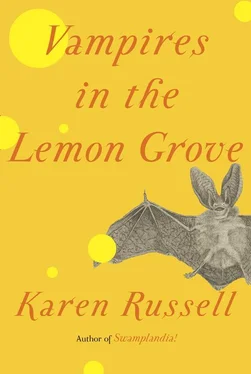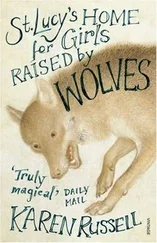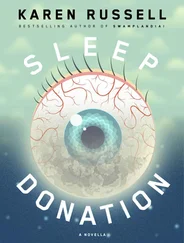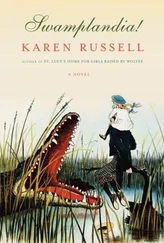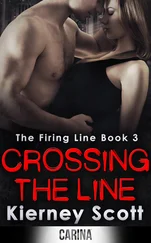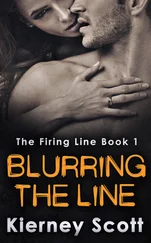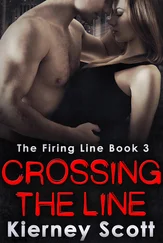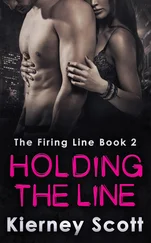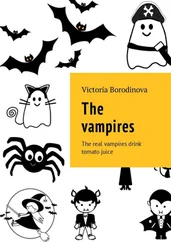Farther south, on the new rail lines, barbed wire and crystal lamps and precut shingles fire in on the freight trains, but in the Hox River Settlement a leaded pane is as yet an unimaginable good. Almost rarer than the rain. Yet all the Hox settlers have left holes in the walls of their sod houses, squares and ovals where they intend to put their future windows. Some use waxed paper to cover these openings; the Sticksels curtained up with an oiled buffalo skin. The one time I slept at their dugout that hide flapped all night like it was trying to talk to me: Blab blab blab .
“I know you don’t belong here,” I replied — I was sympathetic—“but there isn’t any glass for that empty place. There’s one Window in this blue-gray ocean of tallgrass, and it’s ours.”
“Now, Miles,” both my parents preach at me continually, in the same tone with which they recite the wishful Bible rules, “you know the Window must benefit every settler out here. We are only its stewards.” Pa long ago christened it the Hox River Window and swore it to any claimant in need. (I sometimes think my parents use me to stimulate goodness and to remind themselves of this oath, the same way I untangle my greedy thoughts by talking to the animals, Louma and Nore — because it’s easy to catch oneself wanting to hoard all the prairie’s violet light on the Hox panes.) He says our own walls cannot wear the Window until we prove up — it’s too precious, too fragile. So we keep it hidden in the sod cave like a diamond.
Our house is a dugout in a grassy hill — I’ve sent three letters to my cross-eyed Cousin Bailey in Blue Sink, Pennsylvania, and in each one I fail to explain our new house to his satisfaction. Cousin Bailey uses his fingers to sum numbers; once he asked me if the winged angels in heaven eat birdseed or “man-food” like chocolate pie. The idea of a house made of sod defeats him. He writes back with questions about bedrooms and doors, closets and attics. “No, Bailey, we live in one room,” I reply impatiently. “A ball of pure earth. Not enough timber for building walls on the prairie so we dug right into the sod. It’s a cave, where we now live.”
“A grave,” says Peter, a joke I don’t like one bit. It’s our home, although it does look like a hiccup in the earth. The floor is sod, the roof is sod, hardened by the red Nebraska sun — if it ever rains again, water will sheet in on our heads for days. The mattress sits on a raised cage of wild plum poles. My mother covers the cookstove with her mother’s pilled linen tablecloth to keep the lizards and field mice and moles and rattlesnakes and yellow spiders from falling into our supper. (Although she threatens to pull the cloth if we get cheated out of another harvest, and let every plaguey creature into our soup: “The wheat’s not getting any taller, Jo, but our boys are. They need meat.”)
Pa and Peter and I dug out the room. Pa used the breaking plow to sculpt the sod into six-inch slabs of what folks here call Nebraska marble. He stacked these into our walls, arranging each third layer in a cross-grained pattern with the grass side down. In summer, this room can get as hot as the held breath of the world. We dug a sod stable for the team of horses, the hogs, and Louma, our heat-demented cow. She’s got the Hereford lightning up her red flanks — it looks like somebody nailed her with a bucket of scalding paint. She chews slop with a look of ancient shock, her vexed eyes staring out from a white face. In truth, her eyes look a little like Ma’s.
My horse is Nore, who I’ve been riding since she was a two-year-old filly. She’s jet-black and broody and doesn’t fit with my father’s team. Up on her back I’m taller than any man out here, taller than a pancake stack of Peters. I saddle Nore, explain the day to her, her ears flattening at the word Inspector .
Behind the stalls, my father is shaking my mother like a doll.
“He’s a rumor, huh? Then I’m going to shove the fellow’s arms through the coat sleeves of that rumor! He’s real, and so are we Zegners. By sunrise we’ll own our home, if you can muster faith. Faith the size of one — damn! One seed of some kind. It moves mountains. How’s that go, Vera, in the Bible? Apple? Pumpkin?”
“It’s a mustard seed, Jo. Yahweh is not baking any pies.” Ma’s voice is shaking now, too. “Miles is eleven years old,” she says slowly. “The Sticksels are a half day’s ride for you …”
Pa catches sight of me, and I duck his gaze. I hope he shakes the looniness right out of her. I’m ready to ride.
Ma never yells at me. But lately her voice is dreadful even when it’s cheerful, singing out of the well mouth of our house. Hoarse, so that it sounds as if the very sod is gargling sand. She’s not sick, or no sicker than anybody else — it’s the dust. I hate the strain in her voice as she tries to make a happy tune for me and my brother, when her yellowish eyes are sunk deep in her face and every long note she holds shoves her ribs through her dress. She hasn’t been fat for two years.
I was the last Zegner born in Pennsylvania. The three girls were born here, and buried in a little plot under the tufting gama grass, next to the sixty acres we have in wheat. Aside from salt thistle and the big sunflowers in July, nothing grows on top of the girls. Ma won’t allow it. She’s of the opinion that each of her daughters would have lived had we stayed in Blue Sink. Long-nosed and blue-eyed—“like you, Miles.” Tall and pin-thin, like the women in her family.
That’s how my sisters look to me, too. Glowing taller and taller. White legs twining moonward, like swords of wheat. They sprout after dark. Some nights the heat is suffocating and it wakes me. Through the hole in our kitchen where the Window will go I watch my mother kneeling in their field, weeding thistle. The three sisters sway behind her back. They stare at me with their hundred-year-old faces. They know they missed their chance to be girls. The middle one smiles at me, and her white teeth outshine the harrow. She gives me a little wave. I wonder if she knows I’m her brother.
When red dawn comes Ma’s at the cookstove with her face to the leaping flame, and I’m afraid to ask her if I was dreaming.
I cannot tell Pa or Peter about the sisters, of course. And not Nore — she’s a horse, she spooks. Lately I won’t even pray on it, because what if God tells them up in heaven that I’m terrified to meet them? Sometimes I talk to the pig, who’ll be butchered anyhow come Christmas Eve.
“I’ll be fine, Ma.”
“He’ll be fine.”
“Jo!”
“Do you want me to send Peter, then?” Pa says coolly.
“Oh, Jo. He can’t . You know that.” Ma chews at her lip, Louma-like.
Something is going wrong with my brother. He’s not reliable. A few weeks ago, when the clouds dispersed again without releasing one drop of rain, he disappeared for three days; when he rode home his hands were wet. “Not my blood,” he reassured Pa. Ma sent me on the four-mile walk to the well to haul for a bath, even though our washing day wasn’t until the following Wednesday, and we boys go last — after a draw for drinking and cooking, after a draw for the garden.
Peter is sixteen, but that night he let Ma sponge the black blood off him like a child, and I almost cried like a kid myself when he splashed clean water in waves over the sides of the trough.
I am a little afraid of my brother.
“I’ll go, then.” Pa’s whole body draws back like a viper in its gold burnoose. I close my eyes and see the shadow of his secret self throbbing along the wall of our sod barn: his head rolling to its own music and sloshing with poisons. Even in the quiet I can hear him rattling.
“Jo.”
Читать дальше
